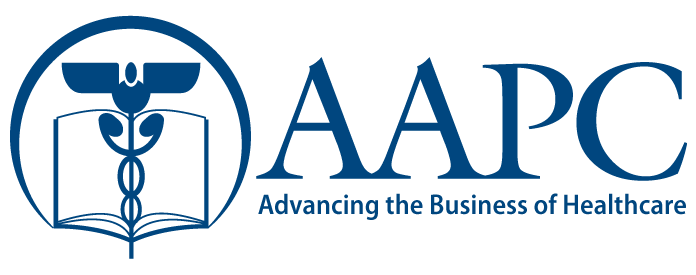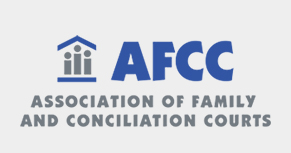
During this unprecedented period of global uncertainty, it is helpful to remember that it is completely normal to be experiencing a wide range of emotions. The COVID-19 pandemic has been a shock for all of us and has tested our ability to manage stress and cope with challenging situations that constantly change and ask different things from each of us. Whether it’s shifting to telework, homeschooling our children, or finding creative ways to budget due to the loss of a job, navigating this “new normal” is taxing our inner resources.
Resilience is often described as the process of adapting well in the face of adversity, trauma, tragedy, threats or significant sources of stress — such as family and relationship problems, serious health problems, workplace and financial stressors, and most recently, the sudden disruption in life routines – including adjusting to new behaviors, such as social distancing, frequent hand washing, and wearing masks in public spaces. As much as resilience involves “bouncing back” from these difficult experiences, it can also involve profound personal growth. In fact, increasing your resilience not only helps you get through challenging times, it also empowers you to improve your life along the way.
Accepting uncomfortable feelings is an important first step to building resilience, and naming your emotions has been found to benefit wellbeing. Common emotions you may be able to identify with might include: anxiety, stress, worry, fear, depression, loneliness, overwhelm, helplessness, frustration, guilt, grief, and anger. No matter the single or combination of emotions, remember that it is okay to feel discomfort as you process thoughts while moving forward on your journey.
In developing a deeper understanding of mental wellbeing, it is also vital to recognize how the core components of anxiety and stress often manifest physically and generate your body’s natural “fight or flight” response as a reaction to perceived danger. Signs of the autostress mode may include: chest tightness and feeling like you can’t breathe, muscle tension, aches and pains, headaches, difficulty sleeping, restlessness and inability to relax, heart palpitations, and digestive issues. It is important to understand that anxiety is your brain’s automatic survival mechanism and learning how to recognize, respond, and reduce our reaction to anxiety is an extremely helpful life skill.
The next step is to implement anxiety-reducing tools to effectively redirect our attention, shifting our focus to areas we can control, and find meaningful and lasting differences for our wellbeing, health, and performance. Some tools to consider are: creating an Information Diet Plan (to help balance positive and negative effects of digital and social media), constructing a My Spheres of Influence Worksheet (to recognize hypothetical worries versus areas within our control), seeking Practical Wisdom (resources to help with tolerating uncertainty), and practicing Thought Challenging Exercises (to help manage unhelpful thinking patterns).

The final step is to create your stress resilience action plan. Developing routines that help you increase a sense of control and defuse feelings of overwhelm will be instrumental in regaining structure and predictability throughout the day. Small changes – such as daily gratitude journals, breathing practices, regular exercise routines, and cultivating social connections are all protective factors in fighting the effects of stress and will lead to building resilience for the future.

References for additional information:
American Psychological Association (2020). Building resilience. https://www.apa.org/topics/resilience
U.S. Department of Veteran Affairs (2020). National Center for PTSD https://www.ptsd.va.gov/covid/
Wellness Society (2020). The Coronavirus Anxiety Workbook. https://thewellnesssociety.org/






